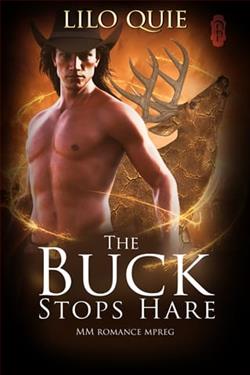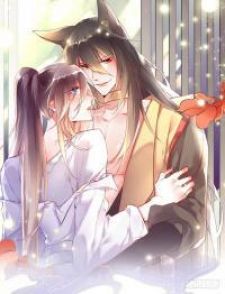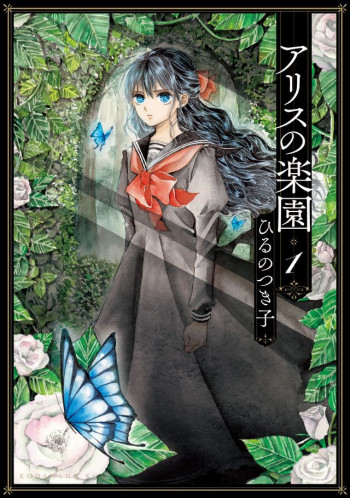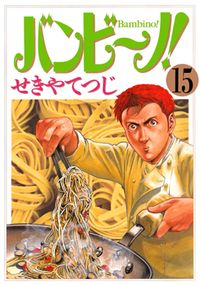
The Buck Stops Hare
by Lilo Quie
I started this life as a broken altar for the sacrifices to the land, a place where people begged for rain and crops. From death I came, and that burden I bear alone. But, for the first time since my brother lost his mate, we’ve found an aspect, a mate fit for a god. So when Cliff goes missing, it’s my task to find out where he’s gone. But when I find him, I find so much more, a mate, a future, and a very angry little hare whose only concern is salad and violence.
I’ve never thought of myself as straight or gay. I never cared for either, but when I’m kidnapped by some shady people with a grudge against my sketchy darkweb dealing brother, I find a man—er, a god—I can’t resist. I don’t want to put a label on things. Of all the things I can call myself, I’m happy to say I’m his.
.
Read
The Buck Stops Hare on http://kissnovel.net
Martial Peak Reviews
Lilo Quie's The Buck Stops Hare is a fascinating blend of mythology, romance, and adventure that takes readers on an unexpected journey through a world where gods walk among us, and the mundane meets the divine in the most peculiar ways. This novel is a unique exploration of identity, love, and the burdens of legacy, wrapped in a narrative that is as whimsical as it is profound.
The story begins with a protagonist who is both an altar and a person, a concept that immediately sets the tone for the novel's inventive approach to storytelling. From the outset, Quie establishes a world where the lines between the spiritual and the physical are blurred, creating a rich tapestry that invites readers to question the nature of existence and the roles we are assigned. The protagonist's journey from being a mere vessel for sacrifice to a seeker of truth and love is both compelling and relatable, despite the fantastical elements that surround it.
One of the novel's most striking features is its exploration of identity and sexuality. The protagonist's musings on their sexual orientation—"I’ve never thought of myself as straight or gay"—reflect a modern understanding of fluidity and the rejection of labels. This aspect of the character's development is handled with sensitivity and depth, offering readers a nuanced portrayal of self-discovery that resonates on a personal level. The relationship that unfolds between the protagonist and the god they encounter is not just a romantic subplot but a central theme that challenges traditional notions of love and partnership.
Quie's writing shines in her ability to weave humor and gravity seamlessly. The introduction of the "very angry little hare whose only concern is salad and violence" adds a layer of whimsy that balances the novel's more serious themes. This character, while seemingly minor, serves as a catalyst for much of the story's action and provides comic relief that is both clever and endearing. The hare's antics are a delightful contrast to the protagonist's introspective journey, and their interactions are some of the most memorable moments in the book.
The novel's pacing is well-executed, with a plot that unfolds organically and keeps readers engaged from start to finish. Quie expertly builds tension through the mystery of Cliff's disappearance and the subsequent revelations that follow. The narrative is peppered with twists and turns that maintain a sense of intrigue, ensuring that the reader is constantly invested in the outcome. The resolution is satisfying, tying together the various threads of the story in a way that feels both inevitable and surprising.
In terms of thematic depth, The Buck Stops Hare delves into the concept of legacy and the burdens it imposes. The protagonist's origin as a "broken altar for the sacrifices to the land" is a powerful metaphor for the expectations and responsibilities that are often inherited rather than chosen. This theme is explored through the protagonist's relationship with their brother and the gods, highlighting the tension between duty and desire. Quie's exploration of these themes is thought-provoking and adds a layer of complexity to the narrative that elevates it beyond a simple fantasy tale.
Comparatively, Quie's work can be likened to the novels of Neil Gaiman, particularly in its blending of mythological elements with contemporary settings. Like Gaiman, Quie has a knack for creating worlds that are both fantastical and grounded, populated by characters who are as flawed as they are extraordinary. However, Quie's focus on fluid identity and the rejection of labels sets her work apart, offering a fresh perspective that is particularly relevant in today's cultural landscape.
Overall, The Buck Stops Hare is a captivating read that offers a unique take on the fantasy genre. Quie's ability to craft a story that is both entertaining and meaningful is a testament to her skill as a writer. The novel's exploration of identity, love, and legacy is both timely and timeless, making it a must-read for fans of fantasy and those seeking a story that challenges conventional narratives. Whether you're drawn in by the promise of gods and magic or the exploration of self and relationships, this book is sure to leave a lasting impression.
In conclusion, Lilo Quie's The Buck Stops Hare is a triumph of imagination and storytelling. It is a novel that invites readers to question, to laugh, and to reflect, all while being swept away by a narrative that is as enchanting as it is insightful. For those looking to escape into a world where anything is possible and everything is questioned, this book is an excellent choice.























Reviews 0
Post a Reviews: